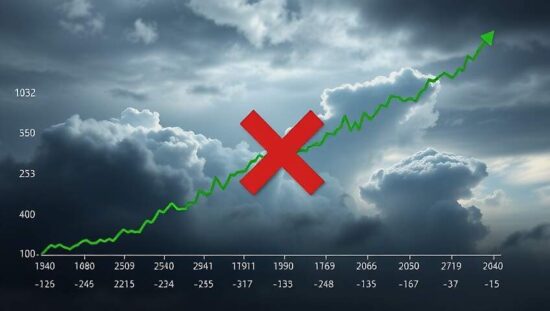The German Dax index started the trading day on a positive note, with a reading of approximately 23,255 points, a 0.9 percent increase over the previous day’s close.
Market analysts point to the temporary reprieve in the US-Iran crisis, which has given investors a brief respite to engage in diplomatic efforts. “This extra time allows for more negotiations and the chances for a diplomatic solution have slightly increased” said Thomas Altmann of QC Partners. “However, the possibility of a swift US military strike remains a concern.”
The Dax has closed in the red for nine of the past ten trading days, demonstrating the significant fear of further escalation in the market.
Meanwhile, market volatility is on the rise, with the VDax NEW, a volatility index of the Dax, closing above the 25 mark for the first time since April. The average closing value of the past two years was 16.5, indicating a 50 percent relative increase in the recent closing value, a testament to the current market uncertainty.
Today marks an options expiration day, with 46 percent of outstanding Dax options set to expire. The open interest in put options has reached a two-year high, with the gap between put and call open interest at a 10-year high, last seen in 2015.
The expiration of the 29 largest outstanding options positions, all of which are put options, will significantly alter the market’s dynamics. The three largest put positions will expire and eight of the 12 largest will also expire, leaving the Dax without a significant portion of its hedging and risk management mechanisms, according to Altmann.
The euro, the European common currency, started the day slightly stronger, with one euro equivalent to 1.1515 US dollars and one US dollar equivalent to 0.8684 euros.
Oil prices, on the other hand, plummeted, with a barrel of Brent crude trading at 76.84 US dollars at 9 am German time, a 2.6 percent drop from the previous day’s close.





